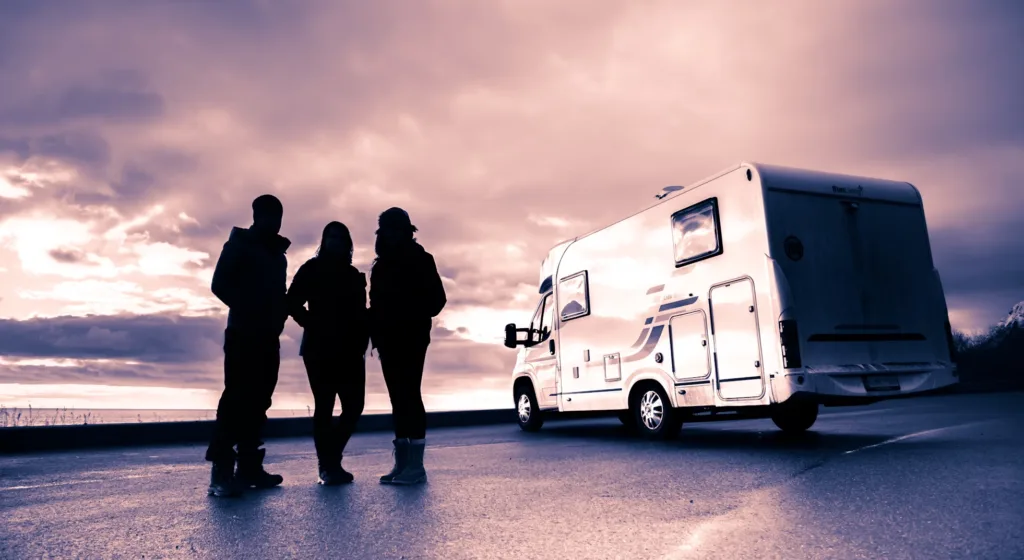
Ready to hit the open road in your RV? Before you start your adventure, there are some essential things you need to know to ensure a smooth and enjoyable trip. From route planning to safety precautions, getting these details right can make all the difference in your RV experience.
1. Route Planning: Map Out Your Journey
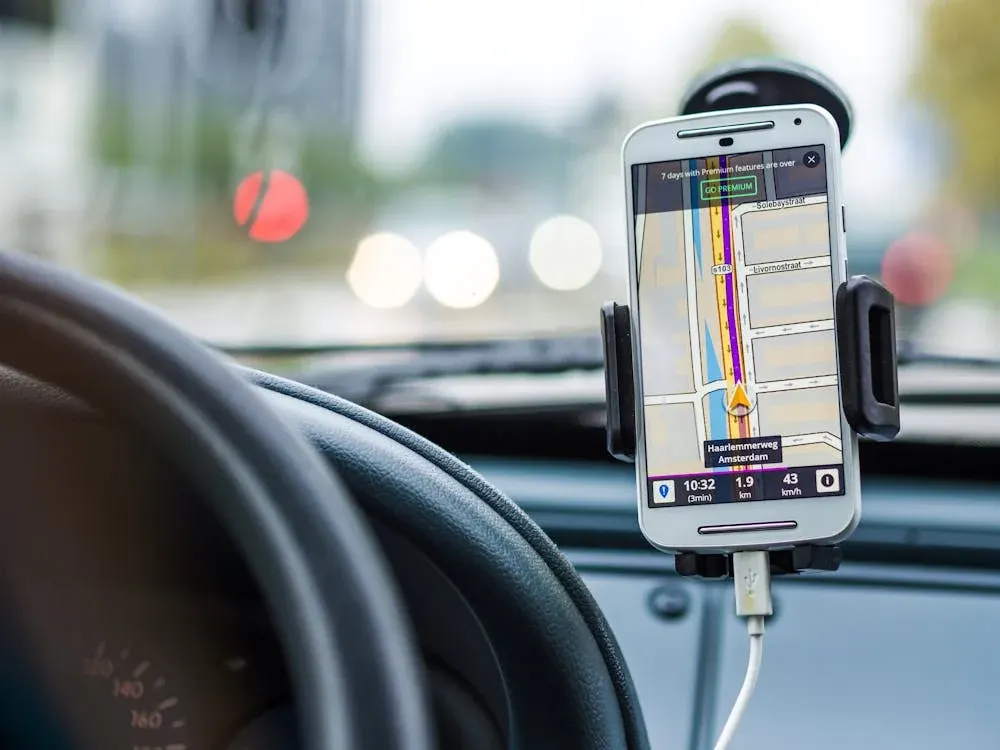
Planning your route is crucial for a smooth RV trip. Use apps like Google Maps or RV-specific navigation tools to find the best roads for your vehicle.
Avoid routes with low bridges or narrow passages that can make driving stressful. Identify rest areas, gas stations, and campgrounds along your route. Knowing where to stop for breaks, fuel, and overnight stays can save you from last-minute stress.
Mapping out your journey in advance helps you stay on track and enjoy the ride. It ensures you’re prepared for each leg of your trip, making for a more relaxed and enjoyable adventure.
2. Weather Considerations: Be Prepared
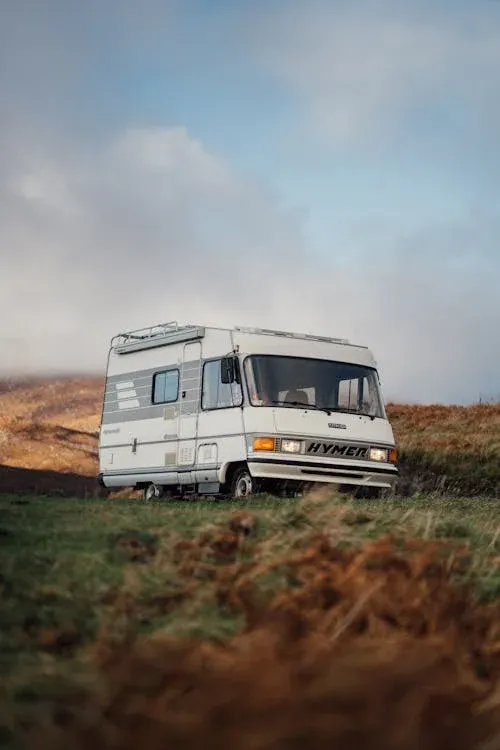
Checking the weather forecast regularly is critical for any RV trip. Use weather apps to stay updated on current conditions and be ready for sudden changes. This can help you avoid driving into storms or hazardous conditions.
Have a plan for different weather scenarios. If you’re heading into the mountains, be prepared for sudden weather shifts. Keep an emergency kit with blankets, water, and food in case you get stuck.
Being aware of the weather and prepared for it can save you a lot of trouble. It ensures you can handle unexpected weather changes and keep your trip safe and enjoyable.
3. Budgeting Tips: Keep Your Finances in Check

Running out of money halfway through your trip would be a nightmare. Create a budget before you go. Include costs for gas, campground fees, food, and activities.
It’s better to overestimate expenses and have a cushion rather than run short. Look for ways to save money on the road. Many campgrounds offer discounts for longer stays or memberships. Cooking your meals instead of eating out can also save a lot.
Keeping an eye on your spending helps ensure you stay within your budget and enjoy your trip without financial stress.
4. Packing Essentials: Bring What You Need
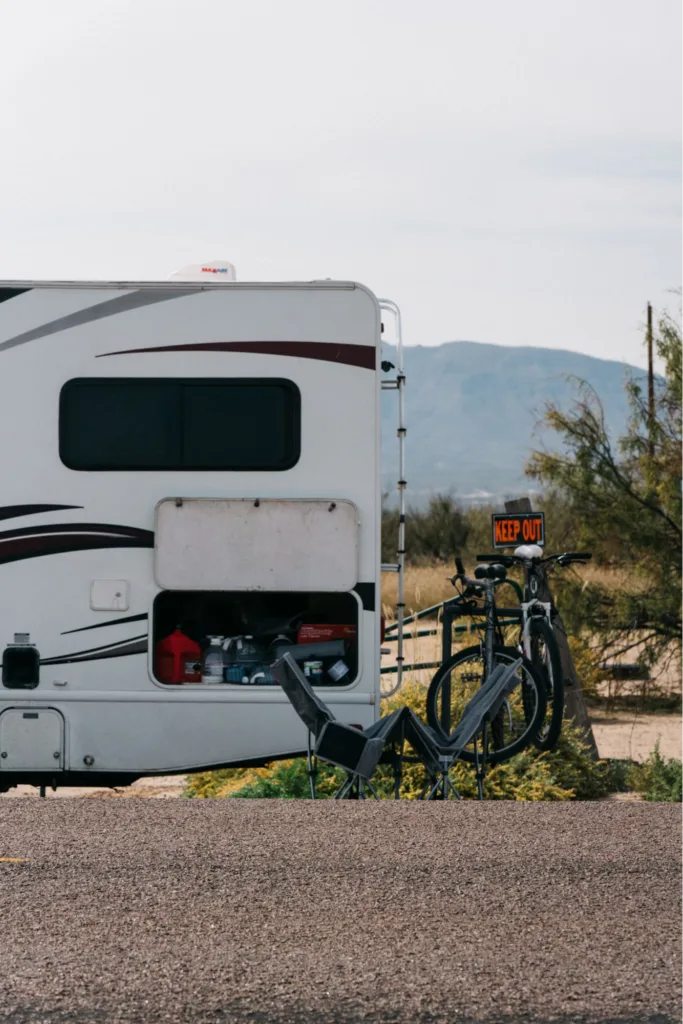
Packing smart can make or break your trip. Make a list of essentials and stick to it. Overpacking can make your RV feel cramped while underpacking might leave you without important items.
Think about the climate and activities you’ll be doing. Pack clothes suitable for the weather and don’t forget essential items like sunscreen, bug spray, and hiking boots if you plan on exploring the outdoors.
Also, bring along some basic tools and spare parts for the RV. Having what you need on hand ensures you’re prepared for any situation and can enjoy your trip without unnecessary stress.
5. RV Maintenance: Keep It Running Smoothly
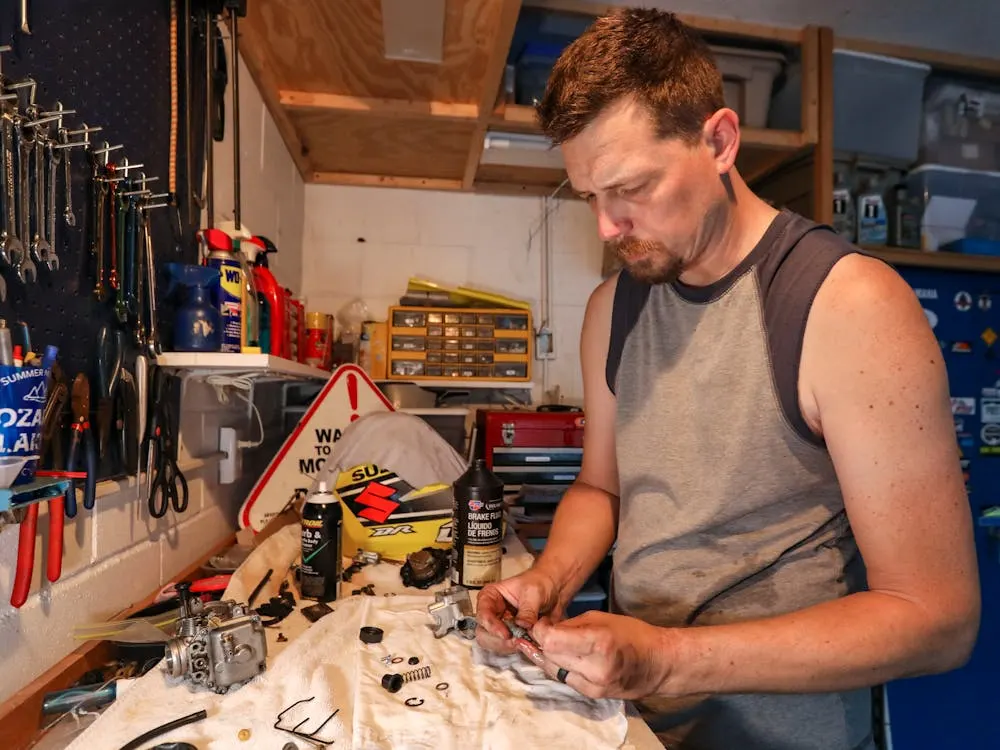
Regular maintenance is key to preventing breakdowns. Before you hit the road, check your oil, tires, and fluid levels. These routine checks can help you avoid unexpected issues and keep your RV in top shape.
Don’t forget to schedule professional inspections at least once a year. A thorough check-up by a certified RV technician can catch potential problems before they become serious. Keeping a maintenance log can also help you stay on top of necessary services.
Taking care of your RV ensures it runs smoothly and reliably whenever you need it. Regular maintenance means fewer headaches and more time to enjoy your adventure.
6. Safety Precautions: Stay Safe on the Road
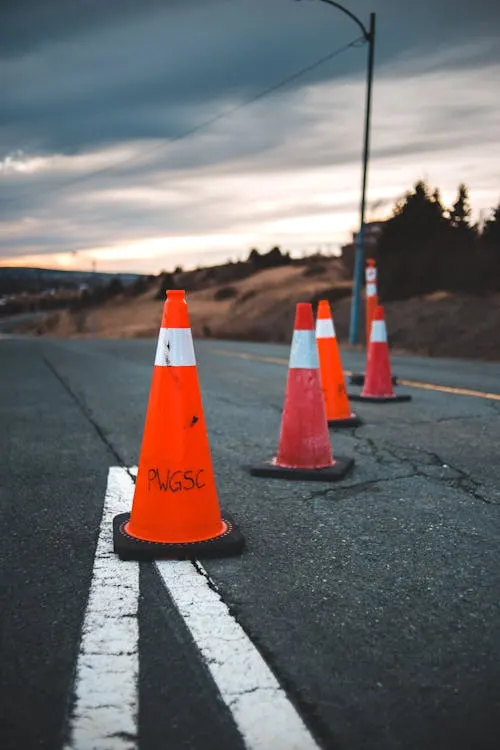
Safety should always be a top priority. Make sure your RV’s safety equipment is up to date. This includes smoke detectors, carbon monoxide detectors, and fire extinguishers. Regularly test these devices to ensure they’re working properly.
Practice safe driving habits. Keep a safe distance from other vehicles, use your mirrors frequently, and be cautious when changing lanes. Always wear your seatbelt and ensure all passengers are secured.
Having a roadside assistance plan is also a smart move. In case of emergencies, professional help is just a call away. Staying vigilant and prepared on the road keeps you and your travel companions safe.
7. Campground Research: Find the Best Spots
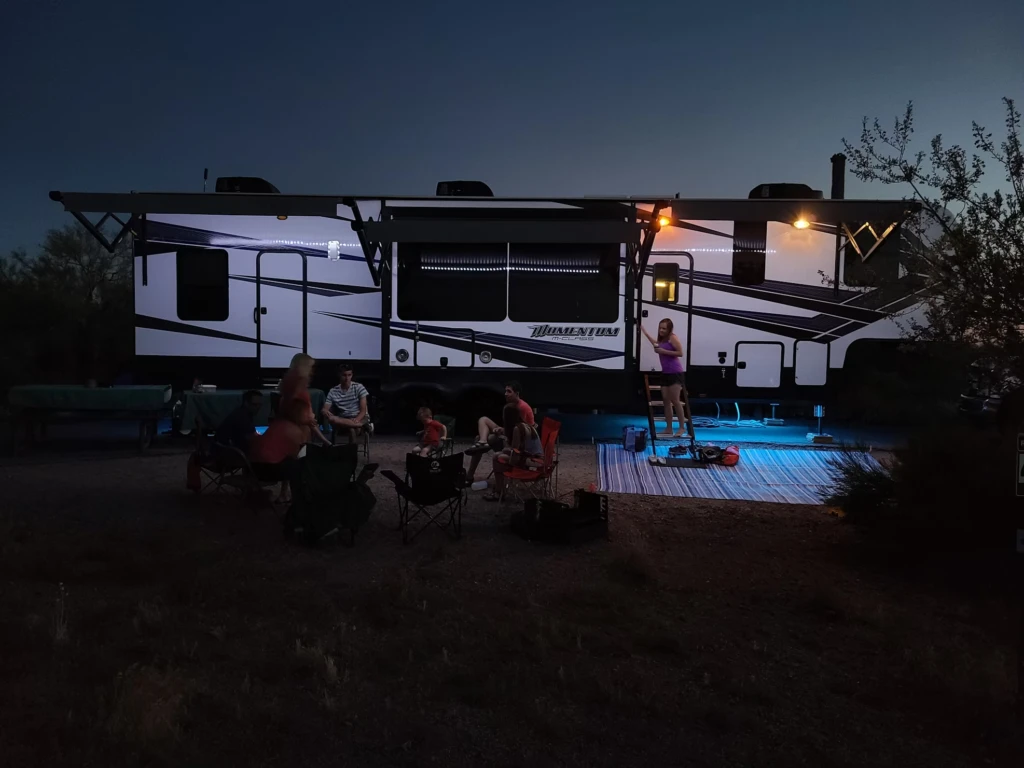
Finding the right campground can make your trip much more enjoyable. Research campgrounds ahead of time and make reservations where possible. Look for RV-friendly sites that offer the amenities you need.
Read reviews and get recommendations from other RVers. This can help you find hidden gems and avoid less desirable spots. Knowing where you’ll stay each night gives you peace of mind and helps you plan your daily activities.
Having a list of great campgrounds ensures you always have a comfortable place to rest. It also allows you to make the most of your stops, with plenty of activities and amenities to enjoy.
8. Communication Tools: Stay Connected

Staying connected on the road is crucial. Bring along a reliable cell phone and consider a mobile hotspot for internet access. This way, you can stay in touch with family and friends and access important information on the go.
Walkie-talkies or two-way radios can be handy, especially if you’re traveling with others. They work even when cell signals are weak, keeping everyone in contact.
Having the right communication tools ensures you’re never out of touch, whether for emergencies or just keeping up with loved ones. It adds an extra layer of safety and convenience to your travels.
9. Local Laws: Know the Rules

Understanding local laws is essential for a smooth trip. Different states and countries have varying regulations for RVs, including parking restrictions and road rules. Make sure you’re aware of the laws in each area you visit.
Look up specific requirements for waste disposal, camping, and driving. Some places have unique rules that might surprise you. Respecting these laws helps protect the environment and keeps you out of trouble.
Knowing and following local regulations ensures your travels are smooth, at least legally. It also shows respect for the places you visit, contributing to a positive experience for everyone.
10. Travel Insurance: Protect Your Trip

The disappointment of having to cancel a much-anticipated trip due to an emergency can be crushing. Travel insurance can cover unexpected cancellations, medical expenses, and more. It’s a small price to pay for peace of mind.
Look for insurance that specifically covers RV travel. This can include coverage for your RV, personal belongings, and even roadside assistance. Having the right insurance ensures you’re protected no matter what happens.
Ready to Hit the Road?
Being prepared before you hit the road in an RV can make all the difference. From planning your route and packing essentials to maintaining your RV and staying safe, these tips will help ensure your trip is enjoyable and stress-free.
So, what are you waiting for? Get your RV ready, plan your adventure, and hit the road with confidence! Happy travels!
